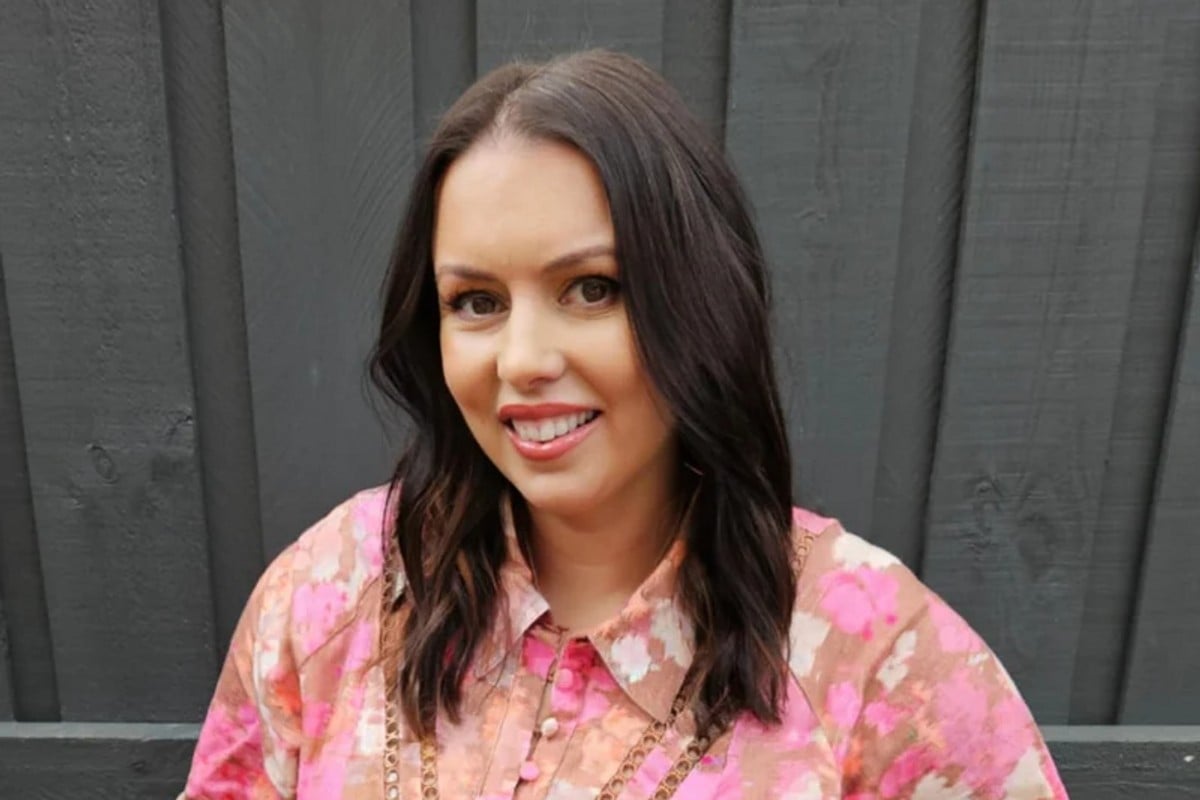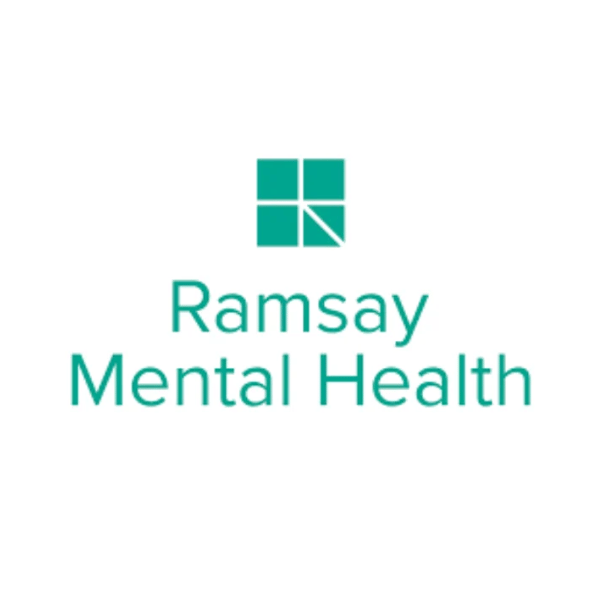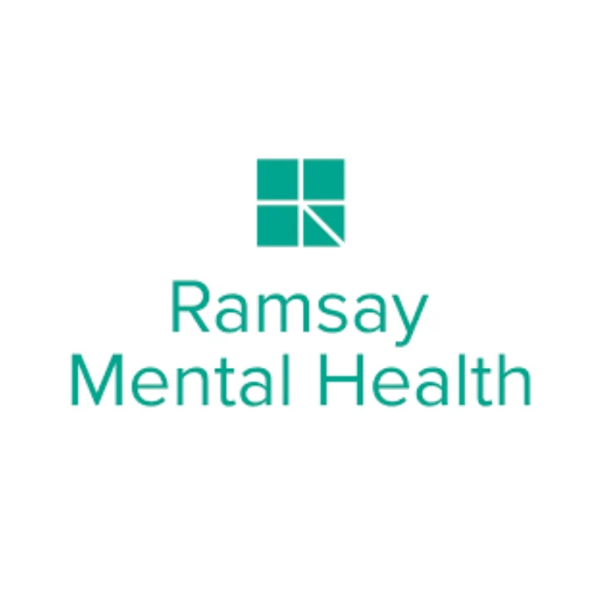

We've all been there — that moment when someone asks, "how are you?" and you automatically respond with "I'm fine", while feeling anything but. For many women, this disconnect between our public face and private struggles has become second nature.
But what if that persistent exhaustion you've been attributing to "just being busy" is actually something more? What if those headaches, mood swings, or that overwhelming sense of guilt aren't simply part of being a woman juggling multiple roles?






























































































